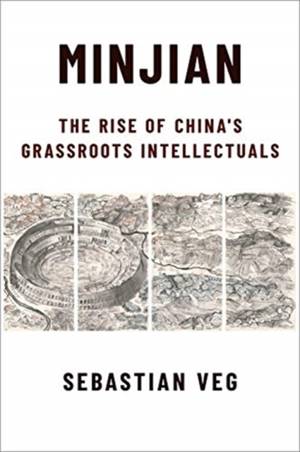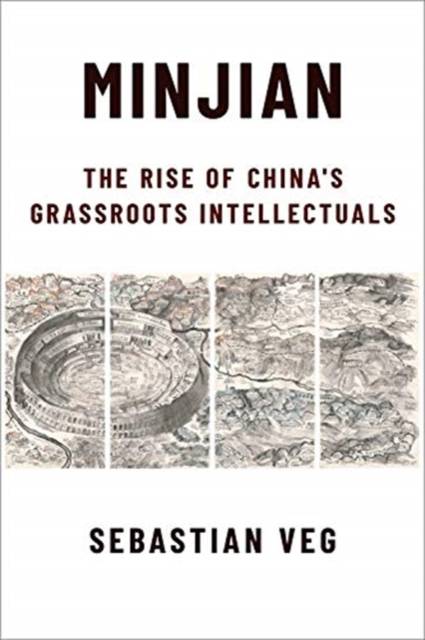
- Retrait gratuit dans votre magasin Club
- 7.000.000 titres dans notre catalogue
- Payer en toute sécurité
- Toujours un magasin près de chez vous
- Retrait gratuit dans votre magasin Club
- 7.000.0000 titres dans notre catalogue
- Payer en toute sécurité
- Toujours un magasin près de chez vous
Description
Who are the new Chinese intellectuals? In the wake of the crackdown on the 1989 democracy movement and the rapid marketization of the 1990s, a novel type of grassroots intellectual emerged. Instead of harking back to the traditional role of the literati or pronouncing on democracy and modernity like 1980s public intellectuals, they derive legitimacy from their work with the vulnerable and the marginalized, often proclaiming their independence with a heavy dose of anti-elitist rhetoric. They are proudly minjian--unofficial, unaffiliated, and among the people.
In this book, Sebastian Veg explores the rise of minjian intellectuals and how they have profoundly transformed China's public culture. An intellectual history of contemporary China, Minjian documents how, amid deep structural shifts, grassroots thinker-activists began to work outside academia or policy institutions in an embryonic public sphere. Veg explores the work of amateur historians who question official accounts, independent documentarians who let ordinary people speak for themselves, and grassroots lawyers and NGO workers who spread practical knowledge. Their interventions are specific rather than universal, with a focus on concrete problems among disenfranchised populations such as victims of Maoism, migrant workers and others without residence permits, and petitioners. Drawing on careful analysis of public texts by grassroots intellectuals and the networks and publics among which they circulate, Minjian is a groundbreaking transdisciplinary exploration of crucial trends developing under the surface of contemporary Chinese society.Spécifications
Parties prenantes
- Auteur(s) :
- Editeur:
Contenu
- Nombre de pages :
- 368
- Langue:
- Anglais
- Collection :
Caractéristiques
- EAN:
- 9780231191418
- Date de parution :
- 16-11-21
- Format:
- Livre broché
- Format numérique:
- Trade paperback (VS)
- Dimensions :
- 155 mm x 231 mm
- Poids :
- 544 g

Les avis
Nous publions uniquement les avis qui respectent les conditions requises. Consultez nos conditions pour les avis.






